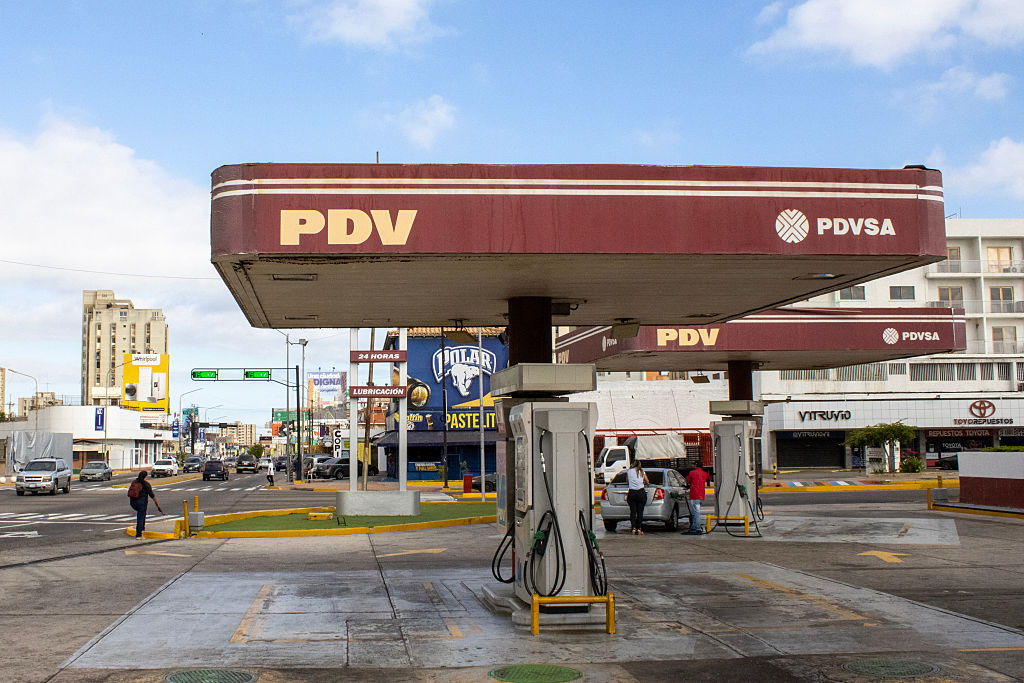Facing the Integration Challenge
Facing the Integration Challenge
The failure to pass federal immigration reform and the lack of sufficient related initiatives serve as obstacles to the integration of Hispanic legal residents, even as raids and punitive state-level immigration laws create a climate of fear.
Since U.S. Congress failed to approve comprehensive immigration legislation last year, states and local governments have proposed or passed a myriad of immigration laws. While the typically strict laws fall short of providing a national policy to resolve the fate of roughly 12 million undocumented immigrants, legal residents also face setbacks and hurdles to integration. Immigration raids occurring in factories and companies across the country have affected legal and undocumented workers alike, even as business leaders warn of a dearth of workers.
Reports of citizens and legal immigrants wrongfully detained by the U.S. Immigration and Customs Enforcement Agency (ICE) have increased in the last six months. USA Today reported last month that 114 citizens have sued the federal government because they were wrongfully arrested during a raid in a California factory in February. A letter sent to Homeland Security Chief Michael Chertoff and ICE Assistant Secretary Julie Myers by the Center for Human Rights and Constitutional Law accuses ICE with the “blatantly unconstitutional use of ‘group detentions’” during such raids. The Dallas Morning News recaps a sampling of situations through February 2008 in which citizens or legal residents—usually of Mexican background—were arrested and even deported in some cases.
But not only offended citizens respond to the repressive methods used by ICE or punitive laws approved (44 state legislatures approved immigration laws in in the first quarter of 2008 alone). A recent article in the New York Times examines how business leaders are fighting to soften harsh anti-immigrant laws in states such as Arizona and Oklahoma, where employers face a shortage of unskilled labor. They also express frustration with the controversial E-Verify system put in place by the federal government to check the authenticity of workers documents, saying the system is prone to errors based on faulty information in the databases from which it draws information.
In addition to the anxiety created by raids, legal immigrants face other obstacles that hinder their advancement in the workplace and in their communities. Many Hispanic immigrants must overcome limited English proficiency, modest financial literacy, and a lack of cultural familiarity. A new white paper as part of the AS/COA’s Hispanic Integration Initiative documents private sector best practices in workforce and community integration and serves as an opportunity to build support for their expansion. Presented at bipartisan Capitol Hill event on July 24, the white paper demonstrates a collective commitment by private sector leaders to integrating immigrant communities. The Hispanic population—the biggest and fastest growing U.S. minority—has a collective purchasing power that surpassed $800 billion in 2007. This year, the nearly 2.2 million Hispanic-owned businesses are expected to generate an estimated $389 billion in revenues.
Hispanics find themselves targeted not only for their growing economic might, but also their electoral power. Even in this area, legal immigrants face hurdles: Delays in processing immigration documents could keep tens of thousands of Latinos awaiting citizenship from voting in November presidential elections. Though immigration reform remains a political hot potato that many politicians remain reluctant to handle, presidential hopefuls have been courting a Latino vote that could serve as a decisive. Some swing states that previously voted Republican appear to lean toward presumptive Democratic candidate Barack Obama, based on a recent poll conducted by the Pew Hispanic Center. NPR provides extensive coverage on the Latino vote and its importance for both candidates.
In the Summer 2008 issue of Americas Quarterly, President of ImmigrationWorks USA Tamar Jacoby analyzes the current immigration reform conundrum and advocates for restructuring the U.S. visa system to avoid perpetuating a cycle by creating another generation of undocumented workers.
Read AS/COA’s analysis of the ongoing campaign to secure the Latino vote and how the state legislatures tackle immigration.








